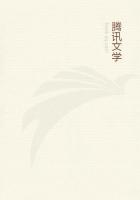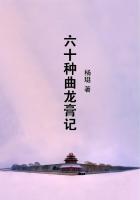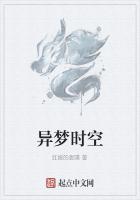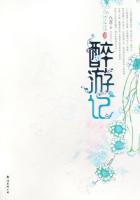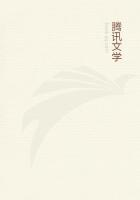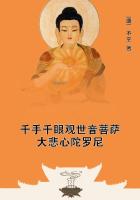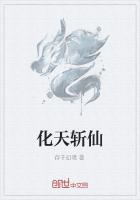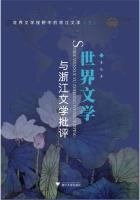HAVING now definitely considered the soul, by itself, and its several faculties, we must next make a survey of animals and all living things, in order to ascertain what functions are peculiar, and what functions are common, to them. What has been already determined respecting the soul [sc. by itself] must be assumed throughout. The remaining parts [sc. the attributes of soul and body conjointly] of our subject must be now dealt with, and we may begin with those that come first.
The most important attributes of animals, whether common to all or peculiar to some, are, manifestly, attributes of soul and body in conjunction, e.g. sensation, memory, passion, appetite and desire in general, and, in addition pleasure and pain. For these may, in fact, be said to belong to all animals. But there are, besides these, certain other attributes, of which some are common to all living things, while others are peculiar to certain species of animals. The most important of these may be summed up in four pairs, viz. waking and sleeping, youth and old age, inhalation and exhalation, life and death. We must endeavour to arrive at a scientific conception of these, determining their respective natures, and the causes of their occurrence.
But it behoves the Physical Philosopher to obtain also a clear view of the first principles of health and disease, inasmuch as neither health nor disease can exist in lifeless things. Indeed we may say of most physical inquirers, and of those physicians who study their art philosophically, that while the former complete their works with a disquisition on medicine, the latter usually base their medical theories on principles derived from Physics.
That all the attributes above enumerated belong to soul and body in conjunction, is obvious; for they all either imply sensation as a concomitant, or have it as their medium. Some are either affections or states of sensation, others, means of defending and safe-guarding it, while others, again, involve its destruction or negation. Now it is clear, alike by reasoning and observation, that sensation is generated in the soul through the medium of the body.
We have already, in our treatise On the Soul, explained the nature of sensation and the act of perceiving by sense, and the reason why this affection belongs to animals. Sensation must, indeed, be attributed to all animals as such, for by its presence or absence we distinguish essentially between what is and what is not an animal.
But coming now to the special senses severally, we may say that touch and taste necessarily appertain to all animals, touch, for the reason given in On the Soul, and taste, because of nutrition. It is by taste that one distinguishes in food the pleasant from the unpleasant, so as to flee from the latter and pursue the former: and savour in general is an affection of nutrient matter.
The senses which operate through external media, viz. smelling, hearing, seeing, are found in all animals which possess the faculty of locomotion. To all that possess them they are a means of preservation;their final cause being that such creatures may, guided by antecedent perception, both pursue their food, and shun things that are bad or destructive. But in animals which have also intelligence they serve for the attainment of a higher perfection. They bring in tidings of many distinctive qualities of things, from which the knowledge of truth, speculative and practical, is generated in the soul.
Of the two last mentioned, seeing, regarded as a supply for the primary wants of life, and in its direct effects, is the superior sense; but for developing intelligence, and in its indirect consequences, hearing takes the precedence. The faculty of seeing, thanks to the fact that all bodies are coloured, brings tidings of multitudes of distinctive qualities of all sorts; whence it is through this sense especially that we perceive the common sensibles, viz.
figure, magnitude, motion, number: while hearing announces only the distinctive qualities of sound, and, to some few animals, those also of voice. indirectly, however, it is hearing that contributes most to the growth of intelligence. For rational discourse is a cause of instruction in virtue of its being audible, which it is, not directly, but indirectly; since it is composed of words, and each word is a thought-symbol. Accordingly, of persons destitute from birth of either sense, the blind are more intelligent than the deaf and dumb.

